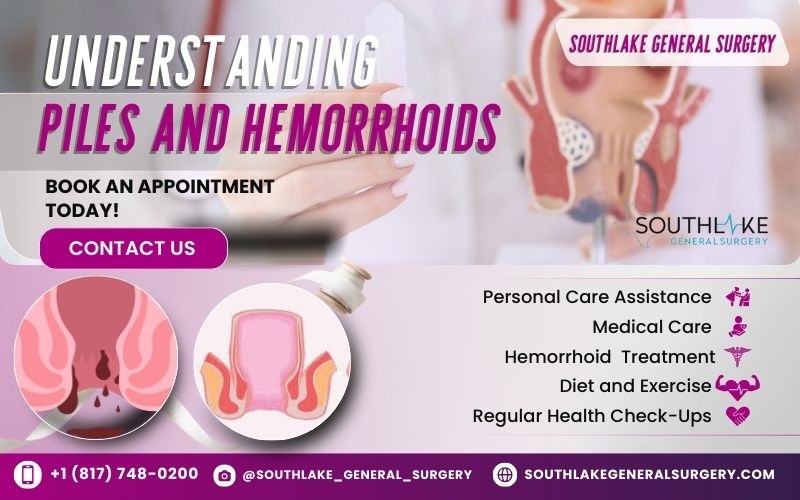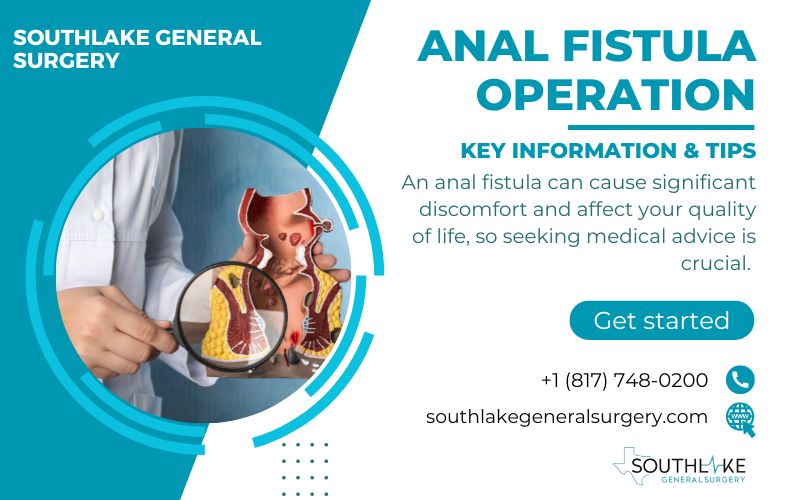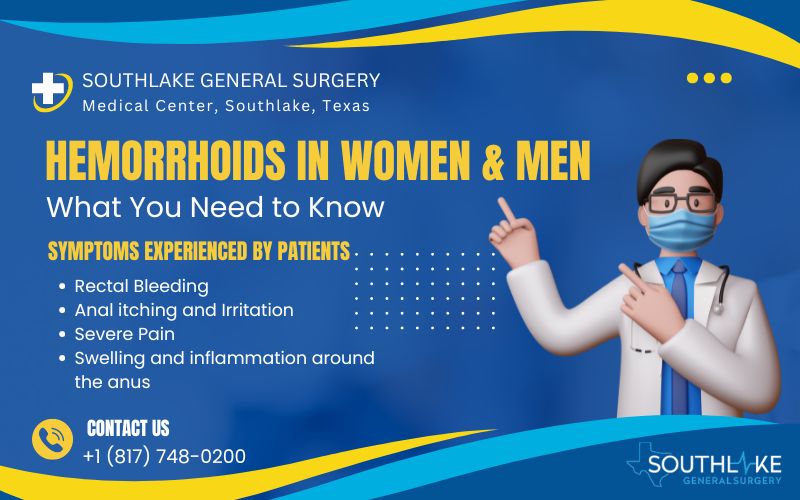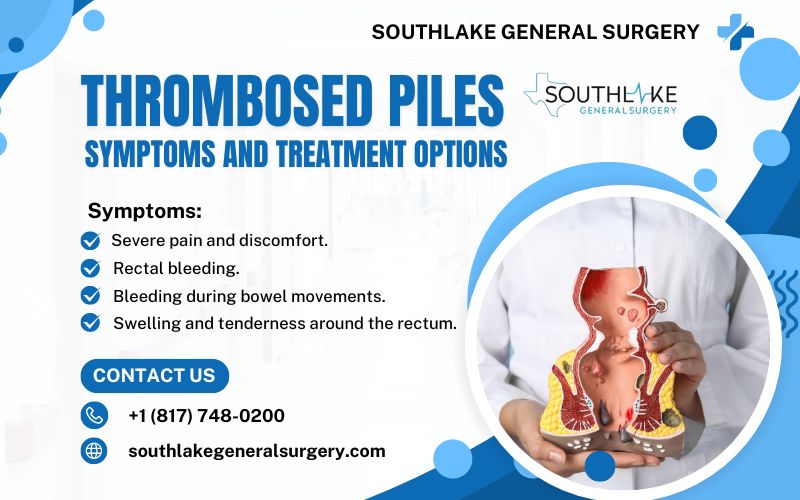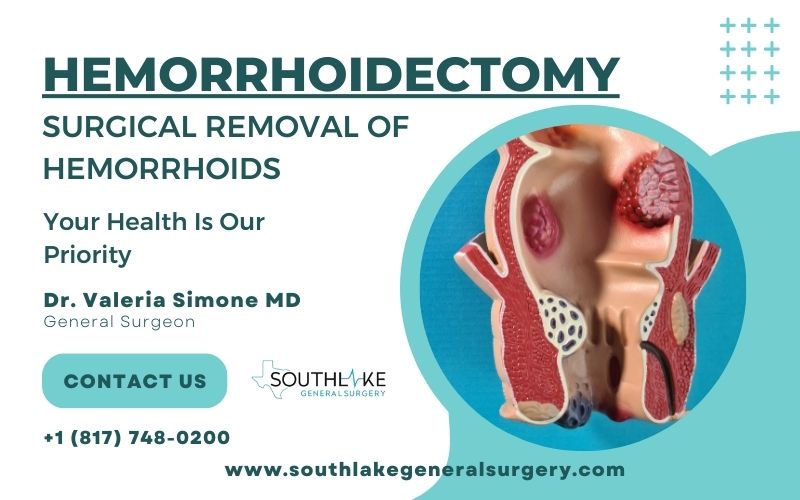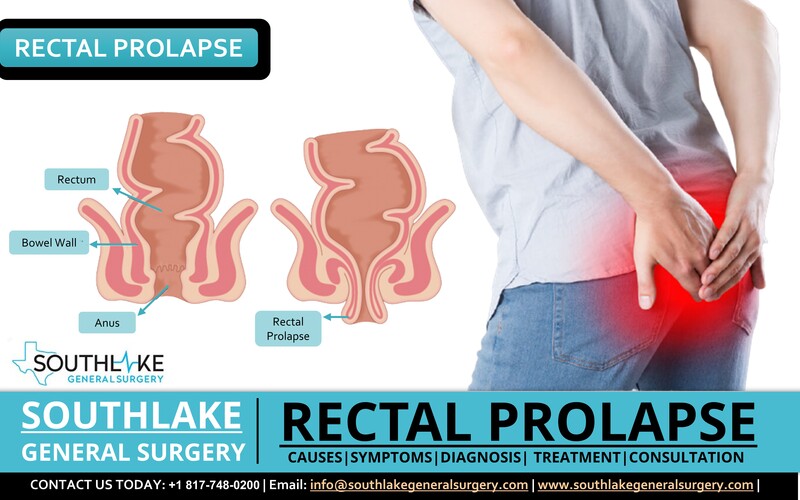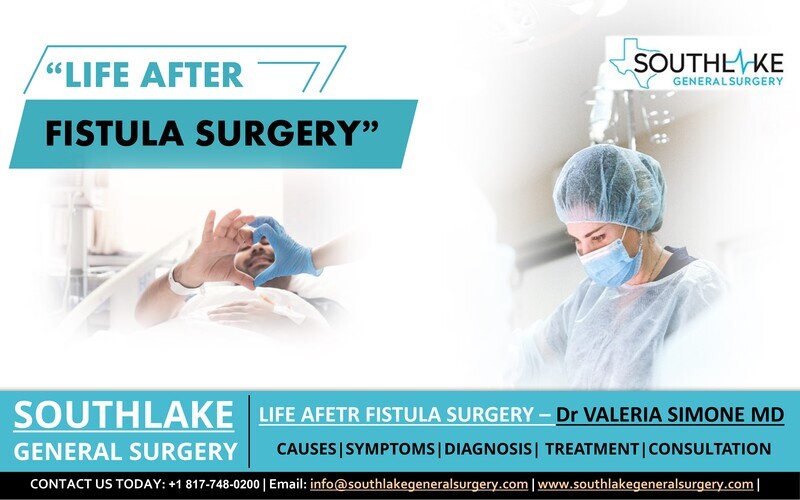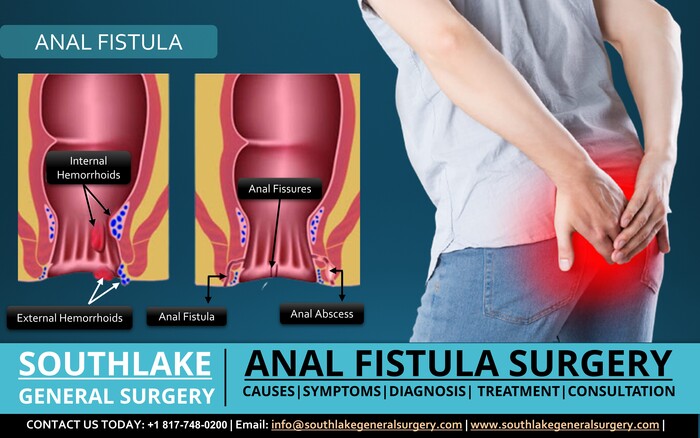Piles and hemorrhoids are health problems that many people face, regardless of their age. These enlarged veins in the rectal area can lead to pain and discomfort. This can make regular activities hard to do.
Read More →
Crohn’s disease and fistula can be challenging, as these complications can cause discomfort, pain, and other symptoms that affect a person’s quality of life.
Read More →
An anal fistula operation can be daunting for many. Understanding key information and tips is crucial. Recognize symptoms, consider treatment options like fistulotomy or non-surgical techniques, and focus on post-operative recovery.
Read More →
Crohn’s disease and hemorrhoids are two separate conditions that can affect the gastrointestinal tract. While they are distinct conditions, they are linked, especially for patients with Crohn’s disease. Understanding these conditions and their impact on the digestive system is crucial for managing and treating them effectively.
Read More →
Hemorrhoids in Women and Men can be a common and uncomfortable condition. Hemorrhoids, also known as piles, are a common medical condition that affects both men and women. Swelling and inflammation happen when the veins in the rectum and anus become enlarged.
Read More →
Thrombosed piles, also known as thrombosed hemorrhoids, is a common and painful condition that affects the rectum and anus. Hemorrhoids are swollen blood vessels in the anal canal and can occur internally or externally. When a blood clot forms within an external hemorrhoid, it is referred to as a thrombosed pile.
Read More →
Hemorrhoidectomy is a surgical procedure performed to remove hemorrhoids that have not responded to other treatments or have caused serious complications. It is often recommended when hemorrhoids have prolapsed, thrombosed (developed a blood clot), or become strangulated (blood supply cut off).
Read More →
Have you ever experienced the discomfort, pain, or embarrassment of hemorrhoids? If so, you’re not alone. Millions of people suffer from this common condition, but many are hesitant to discuss it or seek help.
Read More →
Many people experience internal hemorrhoids, making it a highly prevalent medical issue. These swollen veins appear within the rectum and anus and are a common source of pain, discomfort, and bleeding.
Read More →
Thrombosed hemorrhoids are swollen hemorrhoids that have turned blue, purple, or black. They rarely bleed or cause pain on their own, but when they become large enough, they can cause severe discomfort and even blood loss.
Read More →
External hemorrhoid, also known as Hemorrhoidal disease, is a condition where hemorrhoid, or enlarged blood vessel, is outside the anal sphincter (rectum and anal canal). It is often known as piles and common ailments. Hemorrhoids cause swelling in the associated area but are not themselves, a medical condition.
Read More →
Hemorrhoids are swollen veins in the anus or rectum also known as piles. They are often painful and can be caused by constipation, straining during bowel movements, and lying on the anus for too long. They can also be caused by a pregnancy, varicose veins, and other conditions.
Read More →
Rectal Prolapse happens when the rectum (the last part of the large intestines) slips out of the anus. It is a rare medical emergency and may create discomfort. It can happen at any age among men and women. If an individual ignores this condition for a long time, it may get worse with time.
Read More →
For individuals with Crohn’s disease, fistulas are a usual and severe complication of this disease. However, despite their recurrence, they are the least discussed symptom of inflammatory bowel disease (IBD.)
Read More →
An anal fistula is a passage that begins from inside the anus and the skin close to the anus (a place where stools leave the body). They usually develop infections such as the collection of pus in the tissues that didn’t recuperate without surgery. Your doctor can fix this problem through anorectal surgery.
Read More →
